I would have told him to buy first class next time everytime he threw a fit about touching his chair
The Man in Front of Me Reclined His Seat — So I Gave Him a Lesson
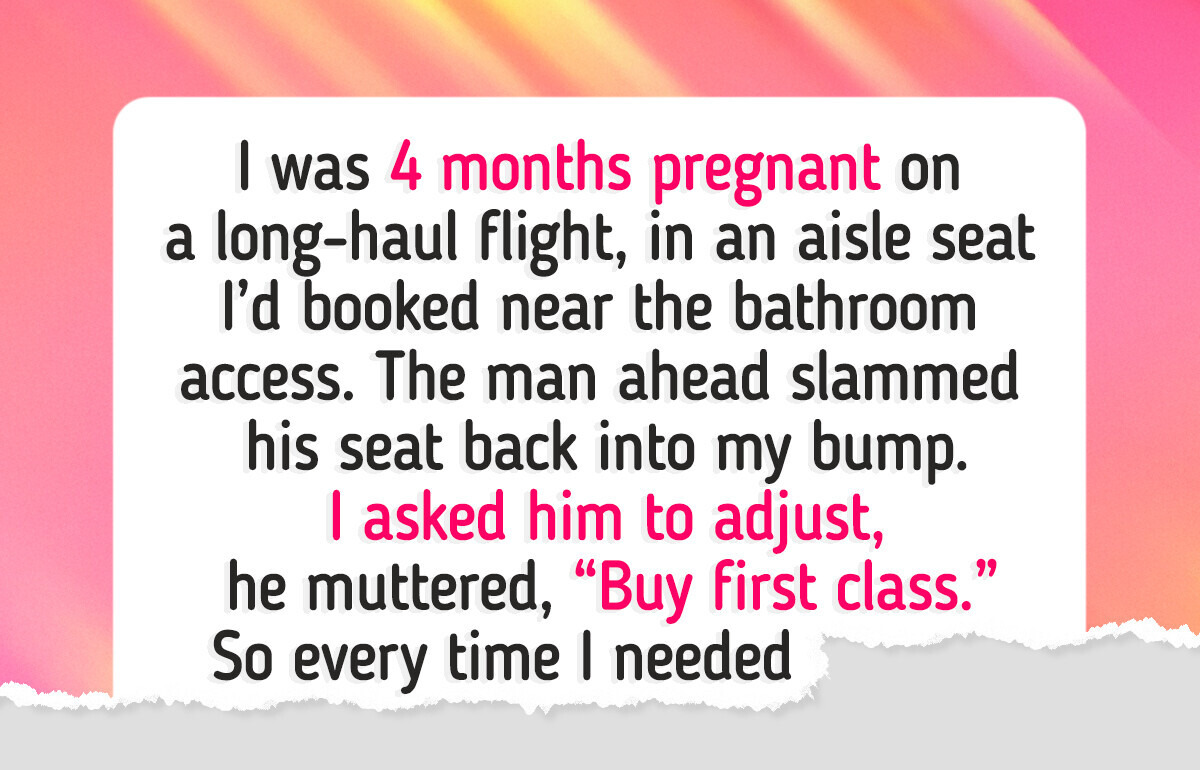
Airplane etiquette can bring out the worst in people — especially when personal space is already so limited. One of our readers shared her story about a long-haul flight that turned from uncomfortable to downright infuriating when the man in front of her decided his comfort mattered more than anyone else’s.
Here’s what she wrote us about what happened.
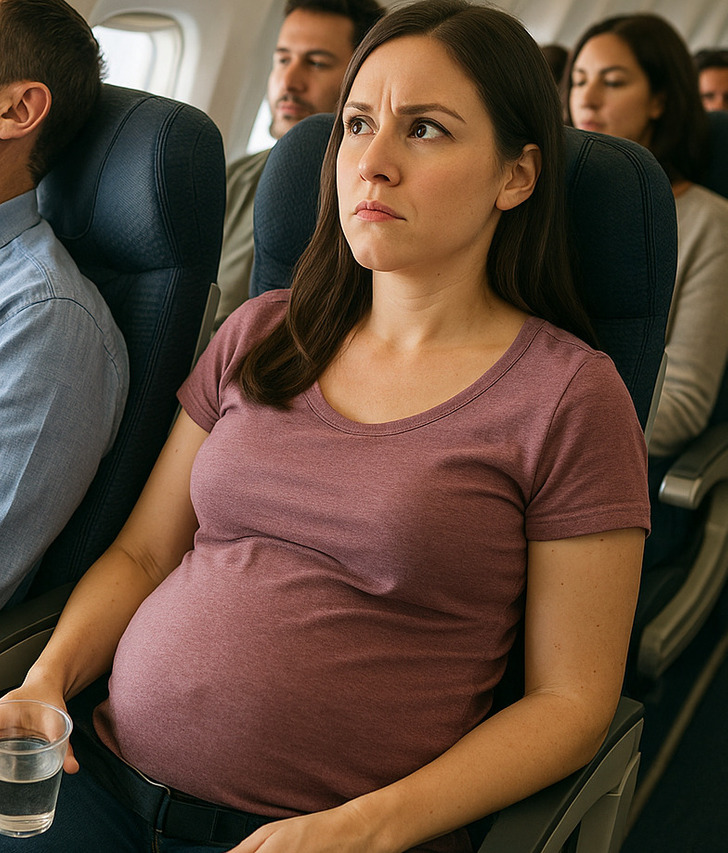
“I was 4 months pregnant on a long-haul flight, crammed into an aisle seat I’d booked weeks in advance near the front for easier bathroom access. The second we were in the air, the man in front of me slammed his seat back so hard it almost hit my small bump.
I tapped him and explained, ‘I’m pregnant, could you move it up just a little?’ Without even looking at me, he muttered, ‘Buy first class next time.’
So for the next two hours, every time I needed to shift or stand up (which was often), I used his seat as leverage — pushing it hard enough that he’d jolt awake. He snapped at me once, ‘Stop touching my seat!’ I smiled and said sweetly, ‘Sorry, pregnancy makes me move a lot.’
For the remaining free hours, he kept turning his head around, glaring at me with an angry face, as if trying to burn holes through me, while I calmly sipped my water in the aisle seat.
N.”
Thank you for sharing this curious but very relatable story!
Plane Etiquette: The Do’s and Don’ts of Reclining, Armrests, and Mid-Flight Manners
If you’ve ever flown, you know the drill: cramped seats, awkward armrest battles, and the eternal debate over whether it’s okay to recline. For many travelers, these little annoyances can turn a long flight into a full-blown mid-air feud.
But don’t worry — there are ways to keep the peace at 30,000 feet. Let’s break down the most common airplane etiquette battles and how to win them (without making enemies in the sky).
Reclining: A Touchy Subject
Should you recline? Technically, yes — but timing matters. Never slam your seat back during meal service or when the person behind you is clearly working on a laptop. Recline slowly, check first, and if in doubt? Just ask. A little courtesy goes a long way.
Yes, you can ask a flight attendant to ask to talk to decline a seat, but you should be prepared for the answer to be “no” and understand they may have a valid reason for the request. You can ask politely at the gate or after everyone is seated, but be respectful and patient, as their goal is to ensure the flight departs on time and that everyone is safely seated.
The Great Armrest Battle
Here’s the golden rule: the middle seat gets both armrests. Yep, it’s a universal peace treaty among travelers. If you’re on the aisle or window, share like a decent human being. Think of them less as armrests and more as elbow rests — there’s enough room for everyone.
Ask a flight-attendant to step in.
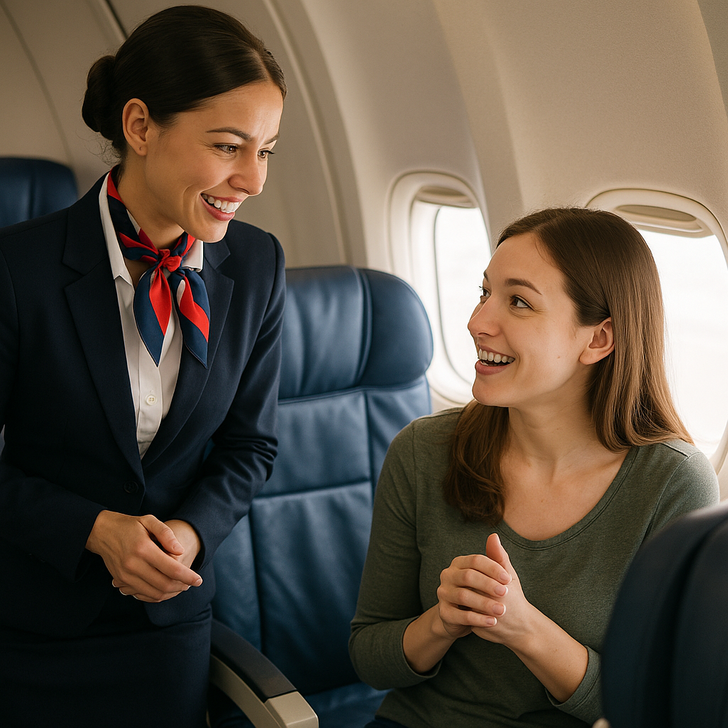
If something on a flight is bothering you — whether it’s a passenger reclining their seat too far, someone hogging the armrest, or even just noise that’s making you uncomfortable — it’s always better to involve the cabin crew instead of starting a conflict. Flight attendants are trained to handle these situations calmly and fairly. You can simply press the call button or approach them politely and explain the issue, asking if there’s a solution. Sometimes they can offer a seat change, remind the other passenger about etiquette, or suggest a compromise that keeps the peace. This way, you avoid a heated argument in a tight space and let the professionals diffuse the tension.
Sometimes it’s not about winning — it’s about reminding people that basic respect goes a long way, even at 30,000 feet.
Comments
Related Reads
I Refused to Keep Quiet About Making $33K Less Than a New Hire—And My Boss Regretted It

I Refused to Leave My Legacy to My Adopted Grandkid—He’s Not My Real Family

I Refuse to Lose My Inheritance Because I Didn’t Attend Mom’s Funeral
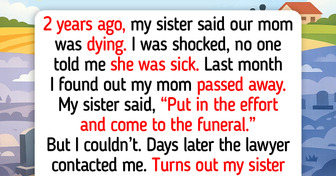
16 Touching Stories That Capture the Chaos and Beauty of Blended Families

I Refused to Follow My Boss’s Dress Code—HR Had to Step In

23 Times Quiet Kindness Won Over Human Ignorance in the Best Way

13 Double-Life Stories That Prove Even Those Closest to Us Have Secrets

I Refuse to Save the Father Who Abandoned Me—Now Everyone Calls Me Heartless
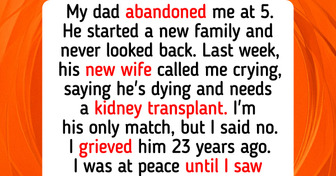
15 Heart-Centered Moments of Human Kindness That Only Happen Once in a Blue Moon

16 Tiny Acts From Strangers That Left Permanent Marks on People

18 Stories That Prove Living in an Apartment Is Like Having a Front-Row Seat to a Comedy Show

15 Moments That Prove Kindness and Mercy Are Quietly Saving the World
